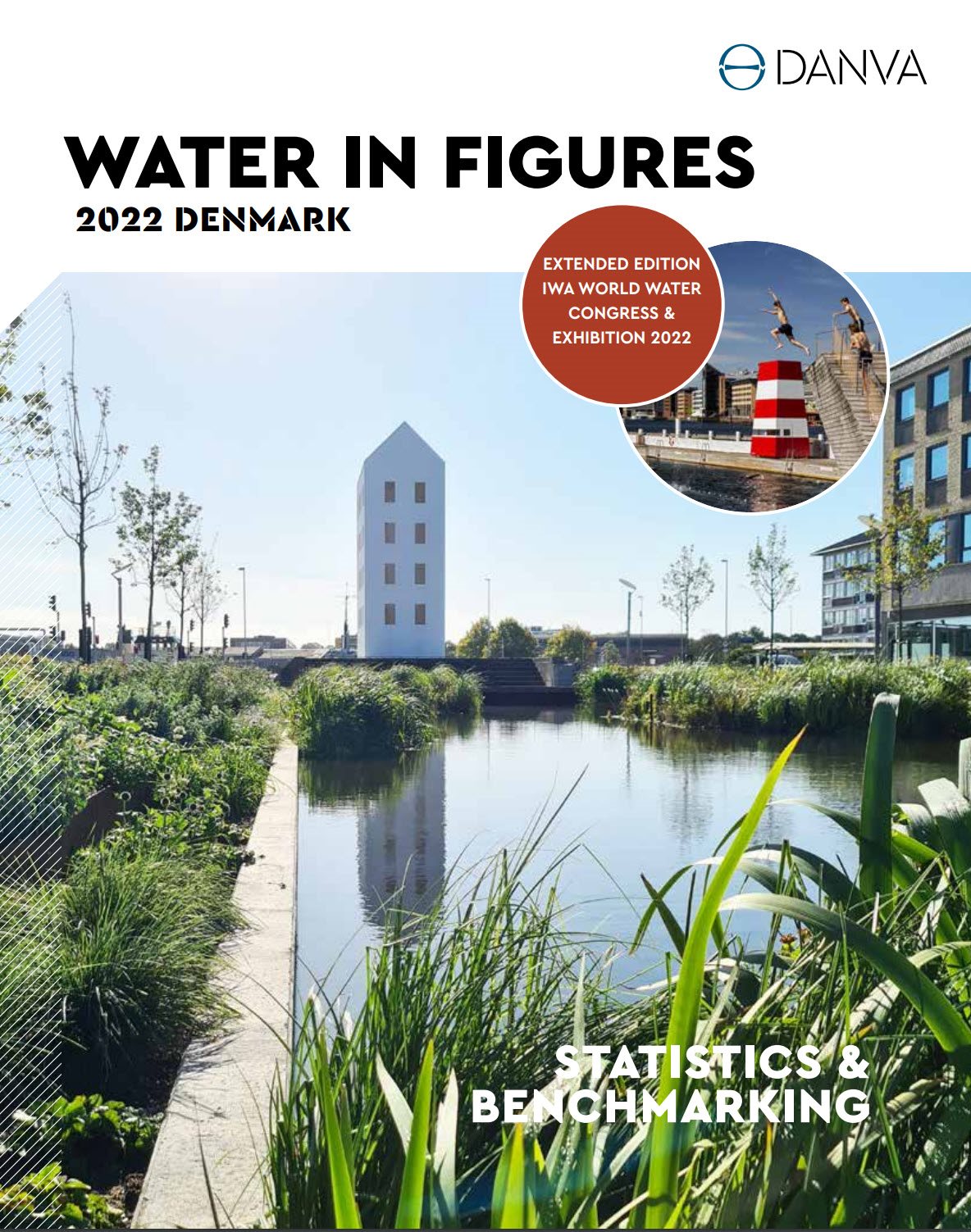
The Sustainable Development Goals have brought changes to Danish water companies
Eighty-five per cent of the companies work with the Goals, and for the vast majority of these, employee involvement is prioritized as a pathway to successful implementation.
Katrine Ringgaard JørgensenThe task of integrating the Sustainable Development Goals into the water companies’ work started in 2018, when DANVA, in collaboration with a number of water companies, published an Inspiration Catalogue that facilitated a translation of the Goals into the everyday life of a Danish water utility company.
Just one year later, a study found that already 31 % of the water companies had stated that the Sustainable Development Goals had been incorporated into their strategies.
85 % Respondents Agree - SDG Has Brought Changes
And now DANVA finds in a recently completed survey of water companies that the majority of Danish water companies (85 % ) state that have brought changes to Danish water companies.
According to Miriam Feilberg, Climate Change Manager at DANVA, the Sustainable Development Goals are managed separately from the rest of the activities of the companies. In order to make a difference, they must be integrated into the strategy and operations and be visible to employees, customers and surroundings.
"It is exciting to see that the work of many water companies today is dedicated to the Sustainable Development Goals. The Goals are an agenda for change that must be implemented by in the entire world. We will only implement the goals if we create change in our own organisations and are in dialogue with our surroundings".
This is the message that has been adopted by water companies.
Employees Take Centre Stage
In accordance with the survey, by far the majority of companies prioritize three to six goals that they concentrate their efforts on. If we take a look at the specific implementation, there is a great deal of variance in the answers.
Among other things, 6 % are certified in the SDGs, whereas 39 % include them in their business management systems. Seventy-two per cent have incorporated the SDGs as a strategic focal point, and 53 % use them as a guidance for choosing specific projects.
Finally, the involvement of employees is crucial for the implementation of the SDGs. An amazing 80% of water companies do so.
“Employees are crucial for change. It is not just the Executive Board, but also project managers that must make sustainable choices daily, e.g., in tenders and requirements to subcontractors. As many as 80 % of the respondents state that they involve employees in the implementation of the SDGs, while several point out that there has been a change in the organisation and greater employee satisfaction,” says Miriam Feilberg.
Based on the survey, DANVA has asked two participating water companies to specify their replies, and both of them consider the SDGs to be crucial for their strategic efforts.
Focal Point of the Business Strategy
At Guldborgsund Forsyning, the SDGs are the focal point of the business strategy, and the company is one of just under 72 % of respondents that are in the process of integrating the goals centrally into the business strategy.
According to Niels Rasmussen, Chief Executive Officer of Guldborgsund Forsyning, the SDGs can help strengthen cooperation with the company owner.
“We are currently working on our strategic plan, which will take effect from 2023, and here the SDGs occupy a vital place. We aspire to define two to three SDGs that the employees can identify as crucial for their work and where we are certain we can deliver tangible results. In addition to the manifest environmental benefits, I have the clear expectation that the selected SDGs will give us far better prerequisites for supporting our owner and creating a common strategic vision. We have created a clearer correlation between the company’s and the owner’s strategy plan, when the SDGs recur
in both documents, and we devise a common language when goals are converted into action plans.” says Niels Rasmussen.
New Demands Changing the Market
Further to the North, at Greater Copenhagen Utility (HOFOR), The Sustainable Development Goals feature prominently in the company’s Group Strategy 2020-25.
According to Susanne Lykke Jakobsen, Program Manager for Efficient Resource Utilisation and a Carbon Neutral Footprint by 2040, each of the company's five group targets is directly linked to five SDGs.
Now HOFOR has had a few years of experience, which has been translated into concrete projects. The incentives for working with SDGs are found both in the natural responsibility associated with being a major multi-purpose utility and due to the greater focus from the surrounding world — in particular, the owners.
“I very much consider the work with the Sustainable Development Goals as a lever that generates an even greater focus on the work we are already under way with as part of the green transition. Moreover, the SDGs have resulted in clearer communications. But there are also areas where we are only now ready to present actual action plans,” says Susanne Lykke Jakobsen.
Another element in the work with the SDGs is also the natural question about the cost of choosing alternatives that are better for the environment. For example, HOFOR has considered quite specifically what it would mean to buy concrete that is more CO2-friendly.
“We have discussed the extent of the demands we can make. You see, the challenge is that the market usually only changes once we begin establishing the demands. We can perhaps also risk getting a CO2-friendly alternative that is not as durable as, for example, 'classic' concrete. And moreover, what a CO2-saving must cost when we simultaneously seek to maintain the price of our services as low as possible may turn into a political issue,” concludes Susanne Lykke Jakobsen.
DANVA continues its work on supporting the implementation of the SDGs by water companies, e.g., via webinars and conferences, and will launch a network in the autumn to help define new activities and projects.





